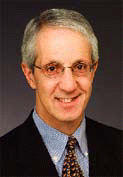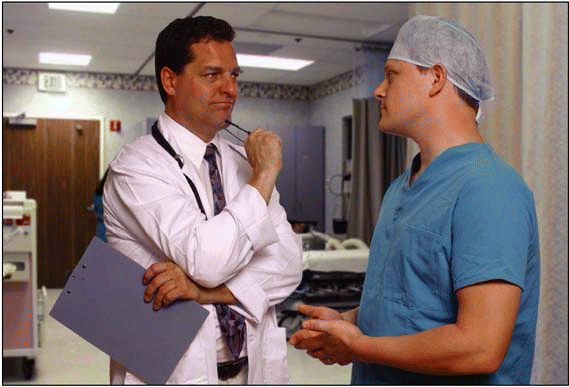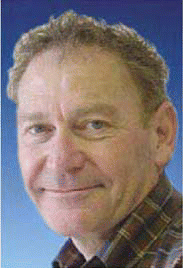Otolaryngologists understand that even their most loyal patients, with finances ravaged by the lingering economic recession, may postpone or forego endoscopic sinus surgery, tonsillectomy or a chemical facial peel in favor of paying the mortgage.


Otolaryngologists understand that even their most loyal patients, with finances ravaged by the lingering economic recession, may postpone or forego endoscopic sinus surgery, tonsillectomy or a chemical facial peel in favor of paying the mortgage.

For better or worse, medical practices are experiencing change. While many physicians are looking to expand their practice, other physicians are seeking a divorce from their current group.

On Feb. 17, 2009, President Obama signed into law the American Recovery and Reinvestment Act of 2009 (commonly referred to as ARRA or the Stimulus Bill) which includes the Health Information Technology for Economic and Clinical Health (HITECH) Act. The HITECH Act includes significant changes to the Health Insurance Portability and Accountability Act of 1996 (HIPAA) that affect otolaryngologists and other health care providers, as well as those who process or work with health care information. Below is a summary of how these new provisions, many of which go into effect this Feb. 17, will affect your practice.

With the crisis in the financial markets reaching what many call historic proportions, another crisis long brewing is threatening to surface that, if some experts are correct, could have even greater consequences than the financial crisis for the US health care system.

At first glance, the Otolaryngology Surgery Simulation Center at Montefiore Medical Center in New York resembles a traditional temporal bone dissection lab.

Heading into the real world of practice after completing residency is a daunting task, fraught with perils. Will you get into a practice you like? Will there be sufficient support staff?

If primary care physicians are to be believed, home is where the patient is-the Patient-Centered Medical Home (PC-MH), that is.

Ask just about any resident or young physician just starting out in practice how his or her personal life is going and the most common response you will likely get is, What personal life? or something to that effect.

The business side of medical practice can sometimes be a bigger challenge than ferreting out a difficult diagnosis.
Plagued by annual increases in health-care premiums for their employees that regularly reach double digits, some US companies are exploring the role of consumer-directed health care with the goal of fostering healthier workers who are more accountable for their own health, thereby reducing the costs of company-provided health insurance.